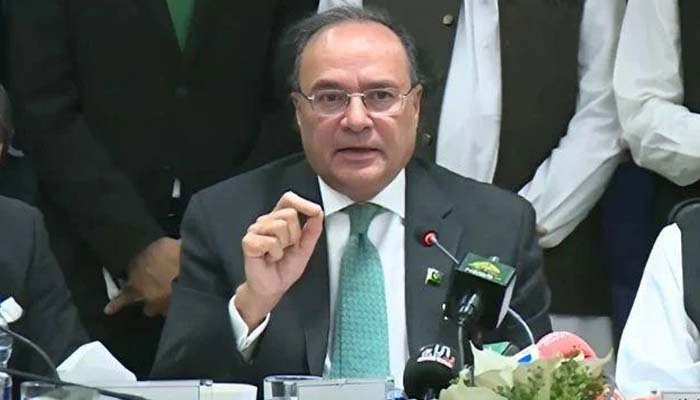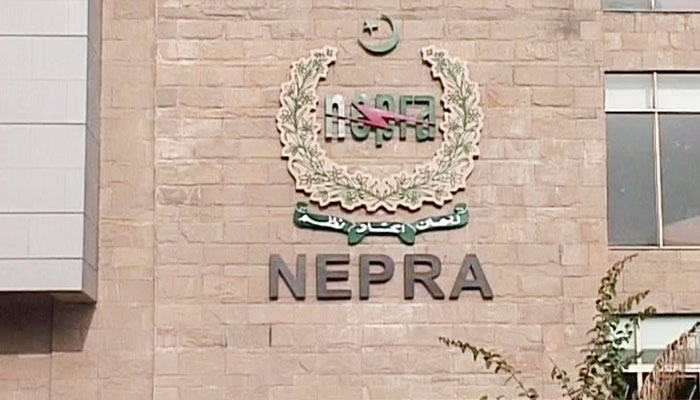TRADE & ECONOMY

The International Monetary Fund (IMF) has recommended a transformative step for Pakistan's tax administration, suggesting the conversion of the Federal Board of Revenue (FBR) into a modern and semi-autonomous tax authority. This move is aimed at streamlining the tax collection process at both the federal and provincial levels, ensuring long-term efficiency.
The separation of tax collection responsibilities between the federal and provincial levels has posed challenges in terms of policy formulation and revenue administration. The IMF has communicated its assessment to Pakistani authorities, emphasizing the need for negotiations to be concluded on a long-term basis. It recommends taking steps to establish a modern tax authority capable of handling tax collection responsibilities at both levels of government.
Currently, Pakistan faces complexities in its tax structure due to constitutional constraints and legislative limitations. The division of tax authority has resulted in challenges related to the tax base, leading to confusion in the value chain, especially concerning the sales tax on goods and services. While the federal government collects certain taxes, the revenue distribution mechanism via National Finance Commission (NFC) awards creates discrepancies.
To address these issues, the IMF suggests exploring alternatives to constitutional amendments. The recommendation proposes a consensus between federal and provincial governments on unifying the tax base. This unified tax administration would enhance coordination and cooperation, facilitating efficient tax collection and administration.
Furthermore, the IMF highlights the significance of cooperation between the National Tax Council, federal government, and provinces. This collaboration is crucial for aligning definitions related to goods and services and extending terms of reference to areas where mutual agreement exists, particularly in the domains of agriculture and income tax.




